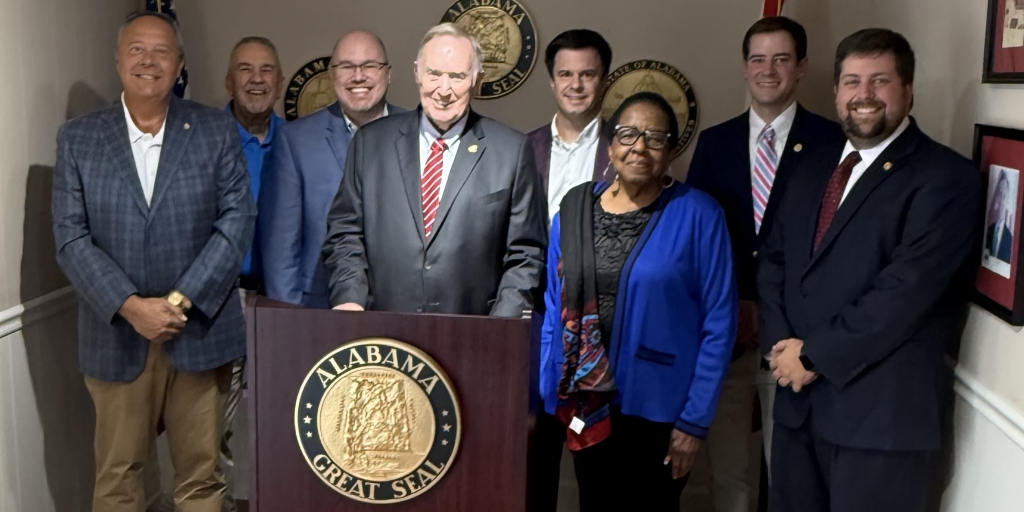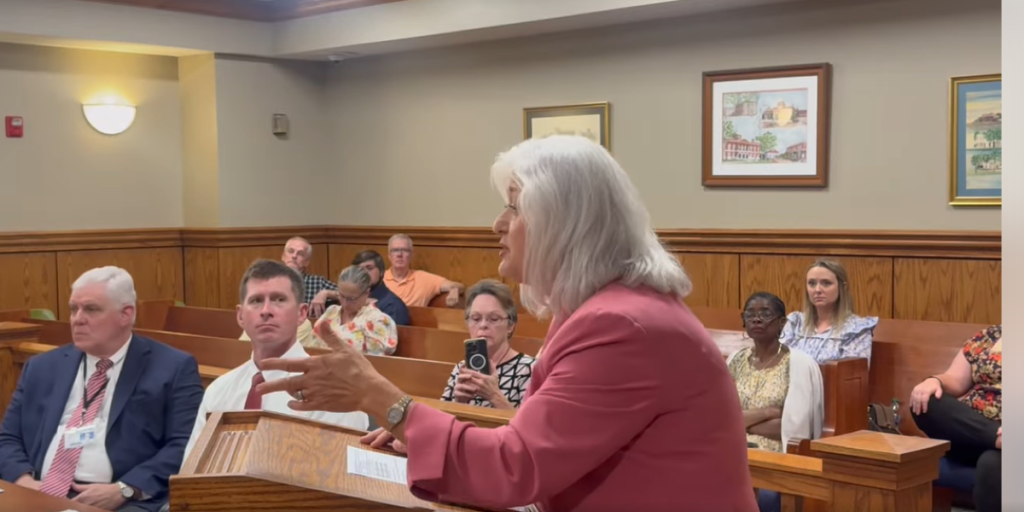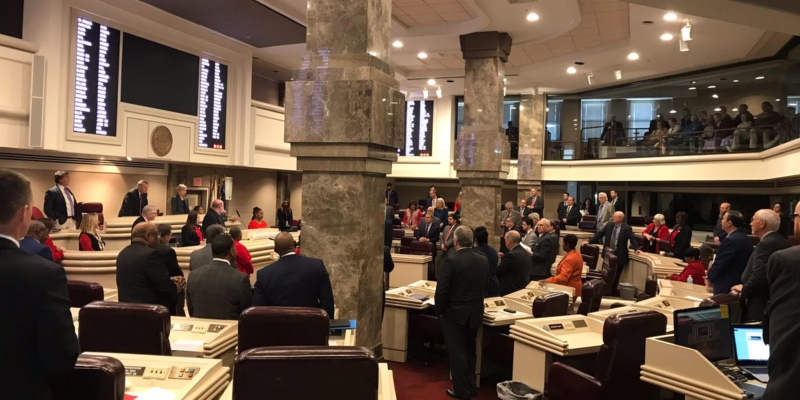For more than a year, state lawmakers have conducted meetings with different groups about Alabama’s infrastructure needs, along with the use of recent university research to help back up a gas tax increase that would raise about $350 million for critical infrastructure projects.
The result – the Rebuild Alabama Act, which took only a five-day legislative session to pass.
“The reason it only took five days is because this had been a methodical process – we met with anyone who had anything to do with infrastructure, from city and county officials, ALDOT, asphalt and concrete groups, the docks – and the meetings were open to all who wanted to attend,” said Sen. Del Marsh (R-Anniston). “We were looking at our needs 20 years down the road as well. We also looked at studies from the University of Alabama and Auburn University to get the facts. The facts were known.”
The Rebuild Alabama Act raises the tax per gallon by six cents beginning in September, with two cents more added in October 2020 and in October 2021 that will result in a total of 10 cents more per gallon. The gas tax was last raised in 1992. Every two years, the tax could go up by another cent without legislative approval because of a perpetual indexation. Even so, officials said it is likely that will not happen.
“Had we been using the index – the National Highway Construction Cost Index – for the past 16 years, the tax would actually have gone up a total of about a penny,” Marsh added. “We are still competitive with all our neighboring states, we still have the lowest tax burden in the nation, average median incomes are up 20 percent, yet we are going to have a major investment in our infrastructure.”
The average Alabamian will pay about $200 a year as a result of the increase.
“People have to pay $100 a month for cell phone service and other things, and they will pay only about $200 a year for this,” explained Marsh. “That is cheap, especially for all we will get in infrastructure improvements.”
So, when will they begin to reap the benefits?
“You will begin to see the benefits in about six months,” Marsh said. “This bill also allows for more accountability – it makes sure ALDOT is accountable for each project, and people will be able to see what is being done and how the money is spent.”
The bill allows for a more competitive bidding process between asphalt and concrete, whereas before the state has chosen one kind of road surface based only on the upfront cost rather than long-term sustainment. The law will provide money to deepen and widen the federal channel at the Alabama State Docks to allow for larger ships to travel to the port. There also is a system for the money to be distributed to cities and counties.
Lori Chandler Pruitt is a journalist whose contribution is made possible by a grant from the Alabama Alliance for Infrastructure













